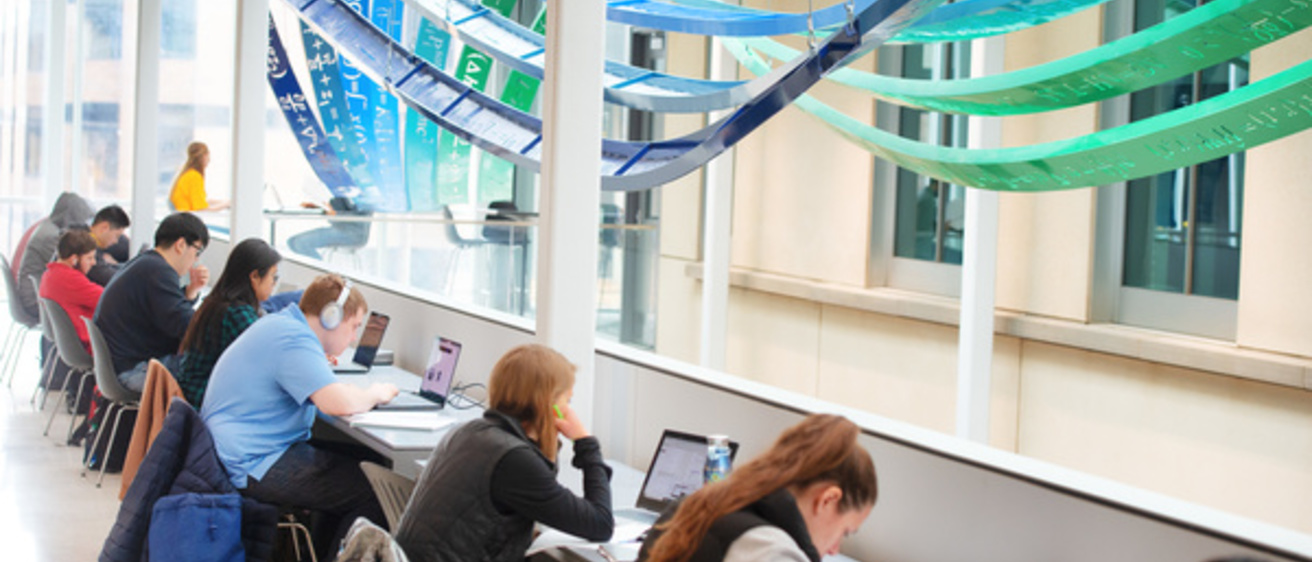Jerald L. Schnoor, the Allen S. Henry Chair in Engineering and professor of civil and environmental engineering at the University of Iowa, has received the American Chemical Society Award for Creative Advances in Environmental Science and Technology.
According to the ACS, Schnoor received the award for pioneering the science and practice of phytoremediation, a natural, green, and cost-effective means of using plants to clean hazardous waste sites, contaminated soil and groundwater, and agricultural runoff.
Schnoor will be honored at a ceremony at the spring ACS national meeting in Orlando, Florida, March 31–April 4.
The biggest challenge with the research, Schnoor says, has been scaling up the phytoremediation processes from the laboratory and greenhouse to the field.
“We must know and understand the basic molecular biology in which genes code for enzymes of interest and biostimulate them to do the work at large scale. We have had some success remediating sites contaminated with petroleum hydrocarbons, nitrate, methyl tert-butyl ether, and trichloroethylene, but this natural, economical, green process has many more applications awaiting the future,” Schnoor says.
Schnoor’s work is groundbreaking, says colleague William Arnold, Distinguished McKnight University Professor and associate department head of civil, environmental and geo-engineering at the University of Minnesota.
“This technology is a popular means of bioremediation at contaminated sites in the U.S., Europe, and developing countries. It enjoys considerable public support because it is natural, green, and cost effective. For his groundbreaking work, Jerry has become widely known as the founding father of phytoremediation,” Arnold says.
